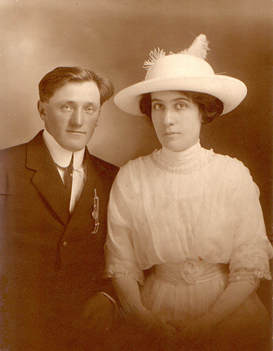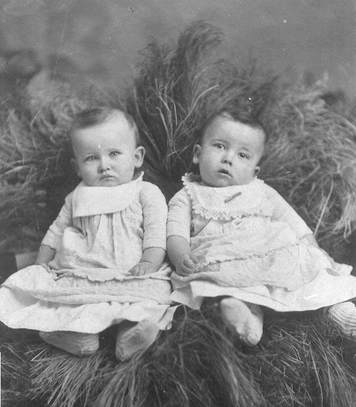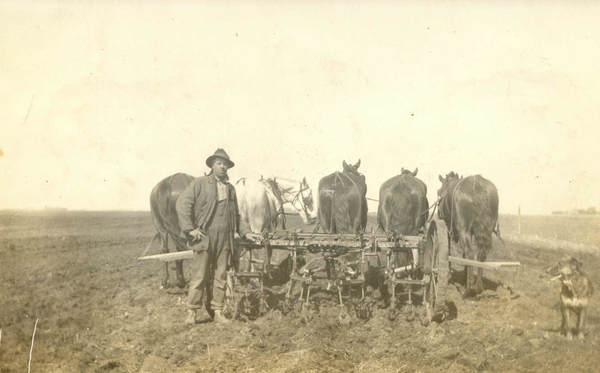|
Spring has finally arrived in my part of the world and we are giddy with temperatures approaching the 70s. Growing up in a farming community, spring brings with it renewed hope and a new planting season. And even if your ancestors were not farmers, they were likely tied to this cadence of the seasons. Shopkeepers, taverns, implement dealers and others relied on farmers to have a great crop so that they would purchase goods and services. So, what does any of this have to do with your ancestor’s story or genealogy? Well, like our ancestors, what we do for a living often impacts our family and culture. As you write your family story, identifying what your ancestors did to earn money for their family. It is unlikely that they thought about a “career” the way we might today. Instead they were doing their best to keep food on the table and a roof over their family. While some were blessed with abundance and had careers as doctors, lawyers and politicians, many were just starting in a new country with limited resources.
If you have been able to trace your ancestors to the old country, what did they do there? Were they blacksmiths or farmers or shop owners? When they came to the United States did they continue in that trade or did they strike out in a new direction? What about the first generation born in the United States? Did they decide to pursue the lure of homesteading on the plains—whether it was homesteading the land or setting up a shop in a prairie town? Were they successful? Or ill prepared? Are you wondering where you can find out what great-grandfather did for a living? Here are some ideas:
Finding this information for our family stories, gives us a better understanding of our ancestors in their place and time. When you write about your family, you could share examples of what a typical day in the life of a blacksmith* was like (*fill in the trade of your ancestor). As we think about how working is today than in the 1800s or 1900s, we also find common ground for why people worked. Like our ancestors, we work to provide for our family, keeping the home fires burning, while we learn and contribute to our community. “We make a living by what we get, but we make a life by what we give.” --Winston Churchill Comments are closed.
|
AuthorWith a lifelong passion for genealogy and history, the author enjoys the opportunity to share genealogy tidbits, inspiring others to research and write their family story. Archives
July 2024
Categories |




 RSS Feed
RSS Feed